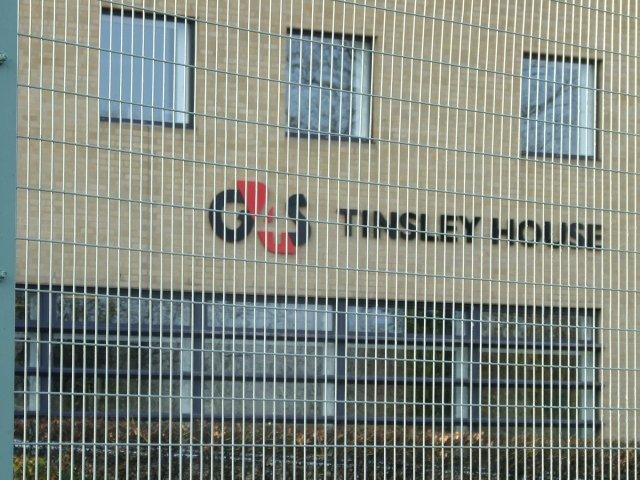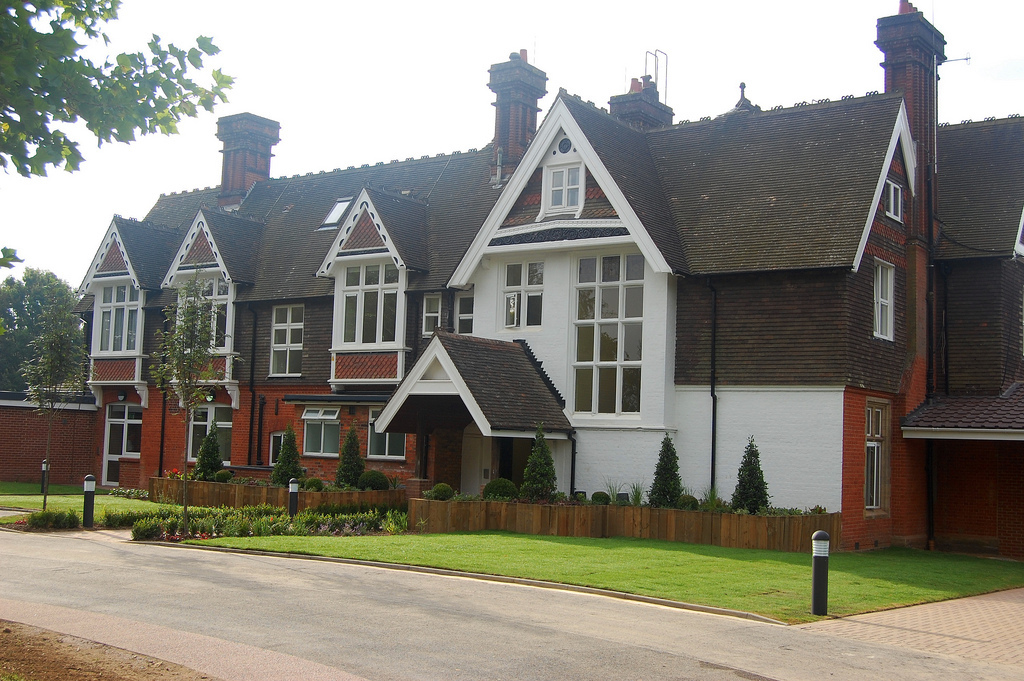Government accused of scrapping pledge to end child detention in prison-style immigration removal centres
Children are being sent back to a centre resembling a prison

The Government has been accused of quietly ditching its policy of ending child detention in prison-style immigration centres after it announced the closure of new flagship accommodation for families being removed from the UK.
On the final day of parliament before summer recess, Immigration Minister Robert Goodwill put out a written statement announcing the closure of the accommodation and its transfer of families to a secure, chain-link-fenced immigration removal centre.
In the low-key statement Mr Goodwill confirmed the closure of Cedars, which was only built in 2011 as part of the Coalition government’s pledge to end child detention.
Cedars was the UK’s first pre-departure accommodation specially designed for families being removed from the UK. Support there is provided by the children’s charity Barnardos and it features apartment-style accommodation for families and a welcoming appearance, resembling a suburban house.
The families and children living there will now be moved to a self-contained unit at Tinsley House removal centre – a secure detention centre surrounded bya chain-link fence, run by G4S that resembles a prison.
Lisa Nandy, a Labour MP, said the policy announcement effectively amounted to the scrapping of the Government’s pledge to end child detention.
“On the last day of Parliament Ministers quietly abandoned the promise to end the immigration detention of children,” she said. “Totally indefensible.”
Dr Julian Huppert, a former Liberal Democrat MP who had previously welcomed the Coalition’s policy of ending detention said he agreed with Ms Nandy’s analysis.

“After all the effort we put in to get it ended... Utterly disgraceful,” he said.
Javed Khan, the chief executive of Barnados, said it could not support the move to the new facility and that it would not be in the best interests of the children involved.
“In the five years we have worked with the Home Office to support children and families through the removals process in Cedars, we are pleased that it has been described as an ‘exceptional facility’ and ‘an example of best practice in caring for some of the most vulnerable people subject to immigration control’," he said.
“However we do not feel that the new proposed accommodation is in the best interests of the children and have told ministers we cannot support the move. We will continue to work with the Home Office until Cedars closes.”
Judith Dennis policy manager at the Refugee Council charity, said: "The Government’s current practice of detaining children – the majority of who are later released – is harmful, largely ineffective and inexcusable.
"The transfer of children and their families from Cedars to Tinsley House, a place even less equipped to care for them adequately, is a troubling retrograde step.
"Instead of looking for ways to save money at children’s expense, ministers must urgently live up to the Government’s promise to end child detention once and for all. Children’s welfare must always come first, regardless of their immigration status.”
The Home Office however said the family unit at Tinsley House would also meet legal safeguards for holding children introduced under the Coalition. A spokesperson for G4S, which also jointly manages some operations at Cedars, told the Independent it was "working with the Home Office to refurbish the family unit at Tinsley House".
Mr Goodwill said families would now be staying at a “discreet unit” at Tinsley house and said it would comply with the law.
“The Government met its commitment to end the routine detention of children for immigration purposes by fundamentally changing the way in which it deals with families that have no lawful basis of stay in the UK, and limiting the detention of unaccompanied children for removal,” he said in his statement.
“The new family returns model introduced in 2011 placed the welfare of the child at the heart of the process. Key parts of the family returns process, including the separate statutory status of pre-departure accommodation, were enshrined in the Immigration Act 2014.
“The new pre-departure accommodation will operate in line with both the statutory requirements and the wider family returns process, which will remain unchanged.”
Join our commenting forum
Join thought-provoking conversations, follow other Independent readers and see their replies
Comments
Bookmark popover
Removed from bookmarks